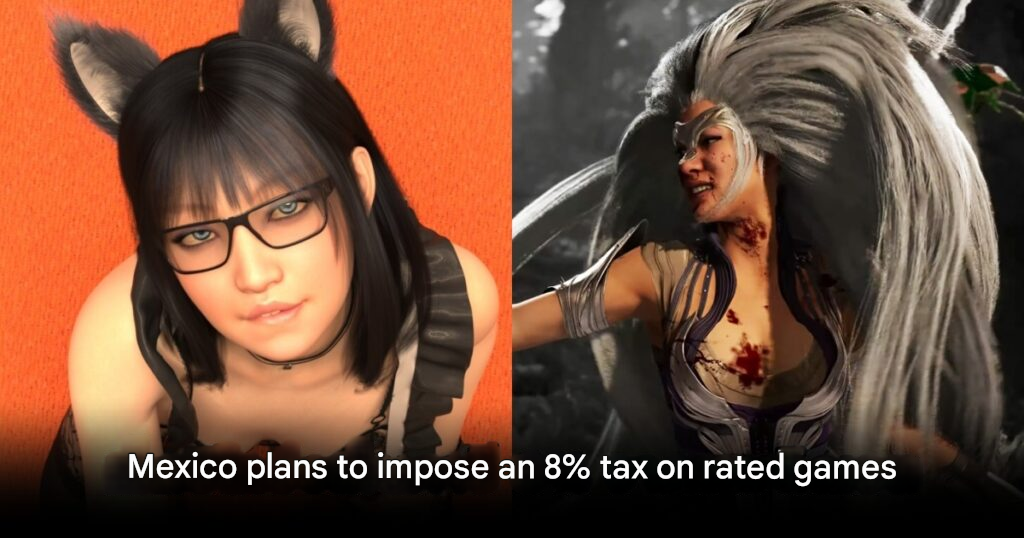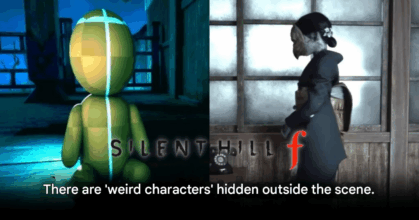Mexico’s New 8% Tax on Violent Games

Mexico Approves New Gaming IEPS
The Mexican Chamber of Deputies recently ratified a significant reform. This reform modifies the Special Tax on Production and Services (IEPS) Law. One of the most debated changes is a new tax targeting the video game industry. Specifically, the reform introduces an 8% IEPS tax. This levy applies to digital services that offer video games deemed to have “violent, extreme, or adult content.” This decision is part of Mexico’s 2026 Economic Package. The bill passed with 351 votes in favor. It has now moved to the Senate for final review.

Defining and Taxing Violent Content
The new 8% tax is intended for games not suitable for minors under 18 years of age. The definition of what constitutes “violent” content is broad. It includes games featuring intense violence, blood, graphic sexual content, strong language, or real currency gambling. This applies to well-known franchises like Grand Theft Auto V, Call of Duty: Black Ops 6, and Resident Evil Village.
The tax will be applied to both physical and digital formats. Importantly, the levy also covers access, downloads, and related purchases. This includes in game content, new levels, or subscriptions that grant access to this type of content. Digital platforms are now required to identify taxable games. They must report revenues to the Mexican Tax Administration (SAT). Prices must be published with the IEPS included.
Government Aims for Social Well being
This measure falls under a category of so-called “healthy taxes.” Proponents argue these taxes will enhance fiscal capacity. Furthermore, they are intended to reduce consumption of products linked to social and mental health risks. The Ministry of Finance states that a portion of the revenue will be used for healthcare programs. The objective is to reduce minors’ exposure to mature content.
The official document cites studies. It claims a link exists between playing violent video games and increased aggression among adolescents. The President, Claudia Sheinbaum Pardo, has expressed support for this initiative. However, authorities have emphasized they are not banning the games themselves.
Industry and Expert Backlash
The proposal has faced strong criticism from experts. Academics and industry figures question the scientific basis for the tax. They argue no conclusive evidence proves a causal link between video games and violent behavior. Experts claim this move revives the “cyclical demonization” of digital entertainment.
They caution that the 8% tax could have negative consequences. These could include driving players and operators toward the unregulated black market. This would potentially encourage piracy. Moreover, the tax is seen by critics as stigmatizing a legitimate form of cultural expression. They argue the government should instead address root causes of violence, such as poverty and inequality.
Market Impact in 2026
The new tax will likely increase the final price of affected games by 8% to 10%. Mexico is a significant gaming market. It has over 72 million players and a local industry worth more than 2.3 billion dollars annually. The move represents a clear effort by the Mexican state to diversify revenue sources. It also enhances fiscal authority over growing digital industries. If approved by the Senate and signed into law, the new rules will be enforced starting January 1, 2026.
origin: insider






